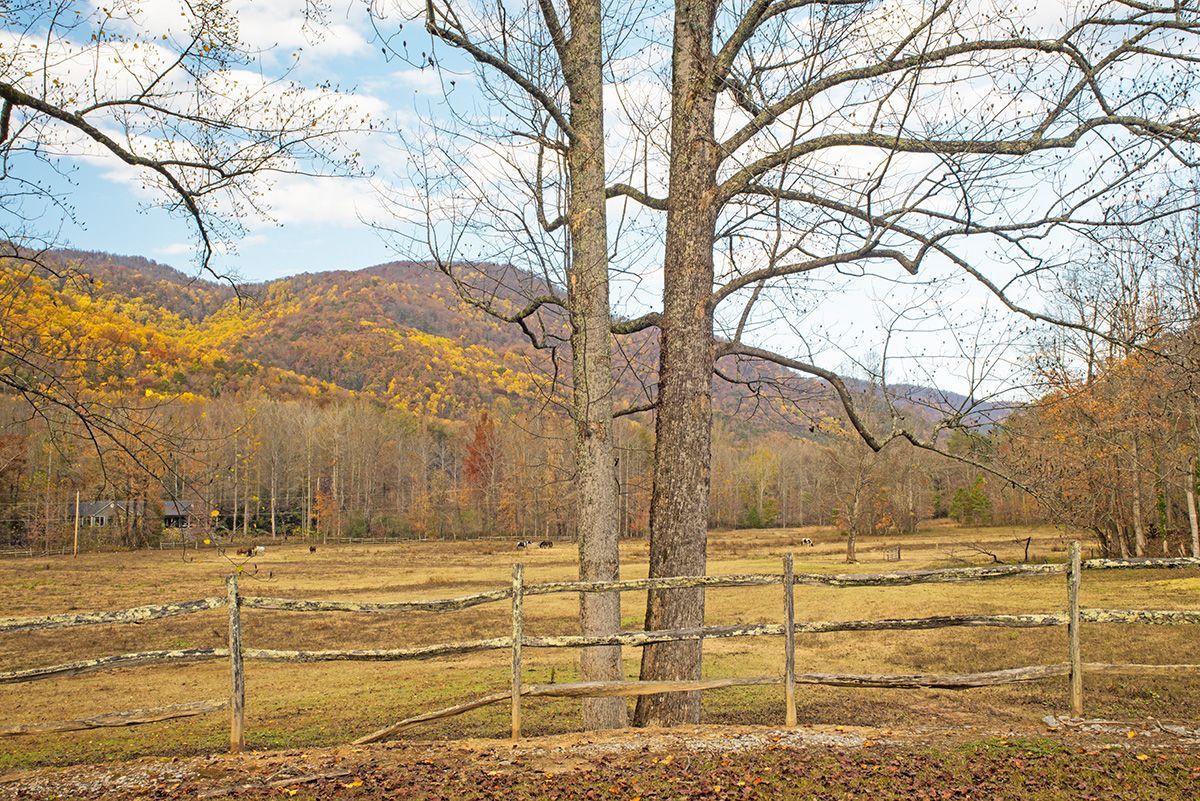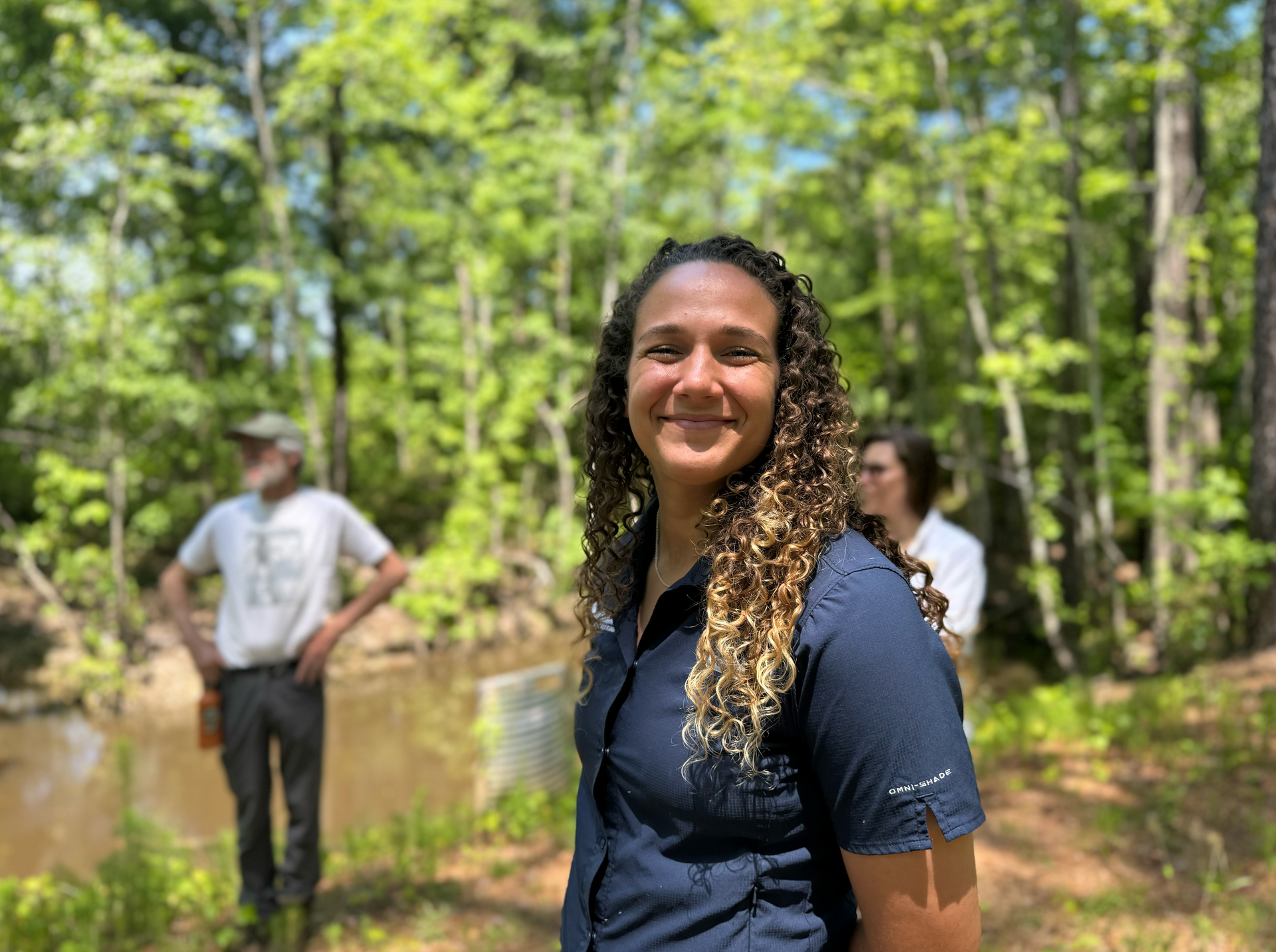The South Carolina Land Trust Network (SCLTN) unites land trusts to amplify the power of permanent land conservation.
Landowners
By protecting your land, you have a say in its future. You leave behind a legacy which remains with the land—forever.
1.3 Million Protected Acres and Counting
From the mountains to the sea, the river bottoms to the agricultural fields, South Carolina’s open spaces define our quality of life, shape our traditions, clean our water, and drive an $85 billion timber, farming, and tourism economy.
Together, South Carolina land trusts have collectively protected more than one million acres of land in our state.
Land Trust Staff
Within the SC Land Trust Network (LTN) members find an interconnected and encouraging community of like-minded people. We share not only the values of land protection, but also the idea that a unified group is stronger than one which stands alone.
Latest Stories and News








